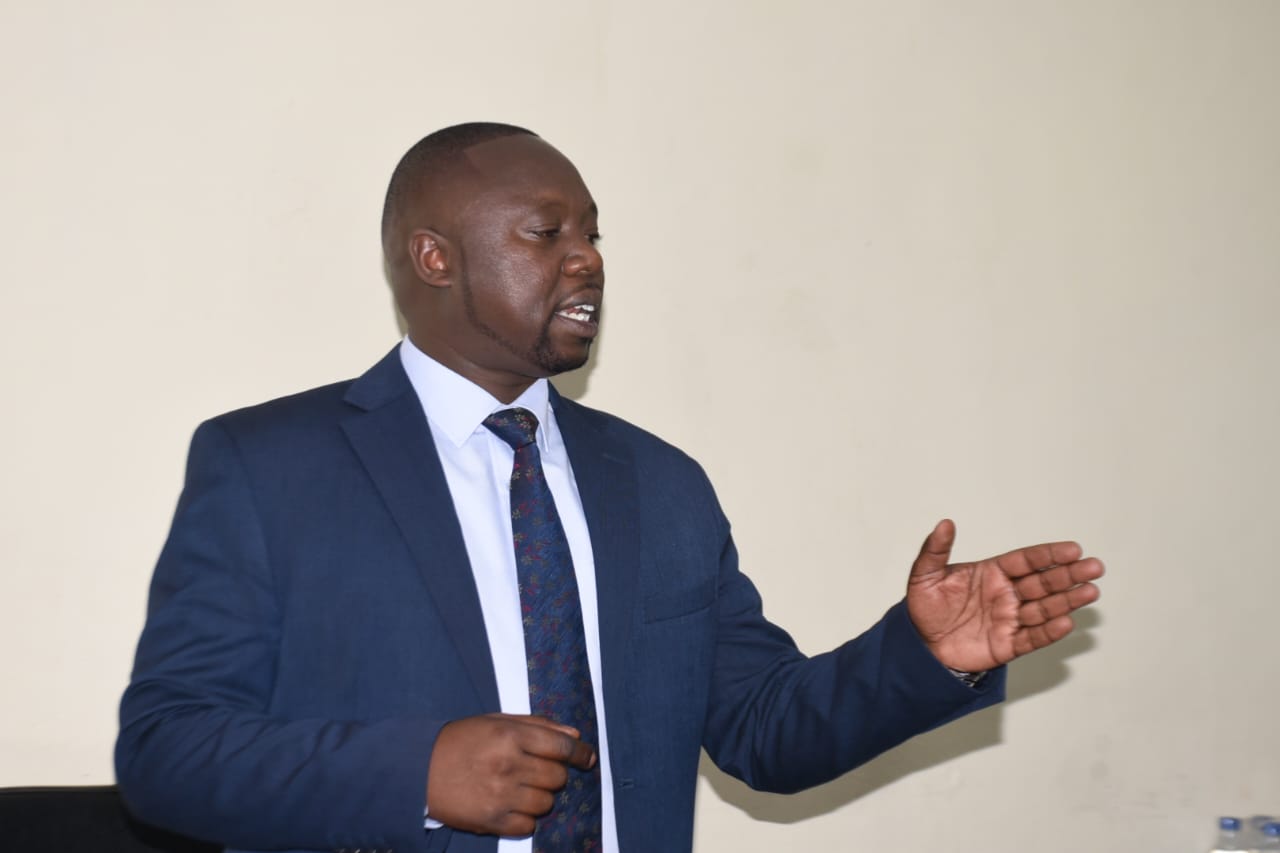

The Ministry of Health has stepped
up awareness campaigns against breast and cervical cancer in Uasin Gishu County, in a drive that blends prevention with stronger community engagement.
The effort, rolled out under the Afya Dada Project, brings together the
county government, the National Cancer Control Programme and key partners
including the Global Alliance for Women’s Health (Gawn). The project is expected to extend to Machakos County.
According to Betty Chirchir, director for nursing services, the initiative is designed to boost prevention
and early detection by raising awareness, reducing stigma, improving access to
screening and treatment, and equipping frontline health workers with the skills
they need.
Speaking during a training session, she said the heart of the campaign lies in “raising community awareness, empowering community health promoters and strengthening the health workforce”.
Chirchir said the project will also focus on expanding access to
services, improving care pathways, tracking progress and sustaining cancer
care within the health system.
Reproductive health coordinator
Samson Mely, who presented an overview of the National Cancer Control Strategy 2023–27, outlined its five
pillars. They are prevention and early detection; imaging, pathology and laboratory services; treatment, palliative and survivorship care; advocacy, partnerships,
coordination and financing; and strategic information, research and
surveillance.
Chirchir said Afya Dada
aligns with these national priorities, describing it as a “critical step in
reducing the burden of women’s cancers in Kenya through data-driven,
community-based interventions".
Meanwhile, Uasin Gishu leaders have reaffirmed their commitment to timely and quality healthcare across the county.
At a high-level meeting with managers of major health facilities on Tuesday, health services executive Joseph Lagat stressed the need for innovative
approaches to revenue generation, linking it directly to service delivery.
“We must maximise our revenue
streams not just for the sake of numbers, but to ensure our people receive the
services they deserve—without delay and without compromise,” Lagat said, urging
health service providers to treat their roles as a moral obligation and
professional duty.
Finance executive Micah
Rogony commended the department’s remarkable leap in revenue collection—from
Sh42 million to Sh193 million in just one year—contributing to a 22 per cent
growth in the county’s own-source revenue. He cited a National Treasury study
that estimates the health sector in Uasin Gishu could generate up to Sh593
million annually.
“The opportunity is massive, and we
must seize it,” Rogony said, adding that aligning local efforts with the
President’s Universal Health Coverage agenda will be vital in ensuring drug
availability, quality services and the activation of the Social Health
Authority across all facilities.


















